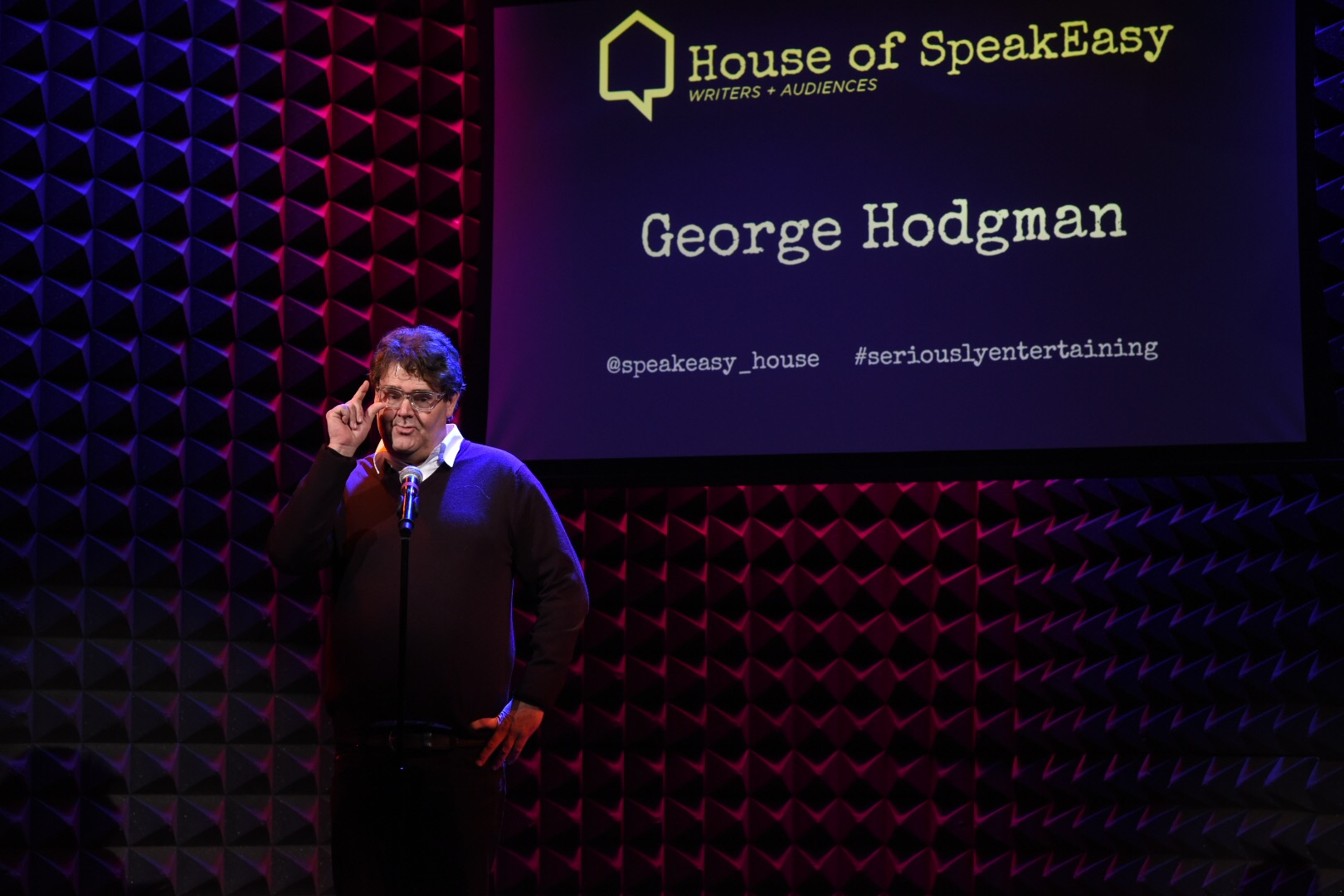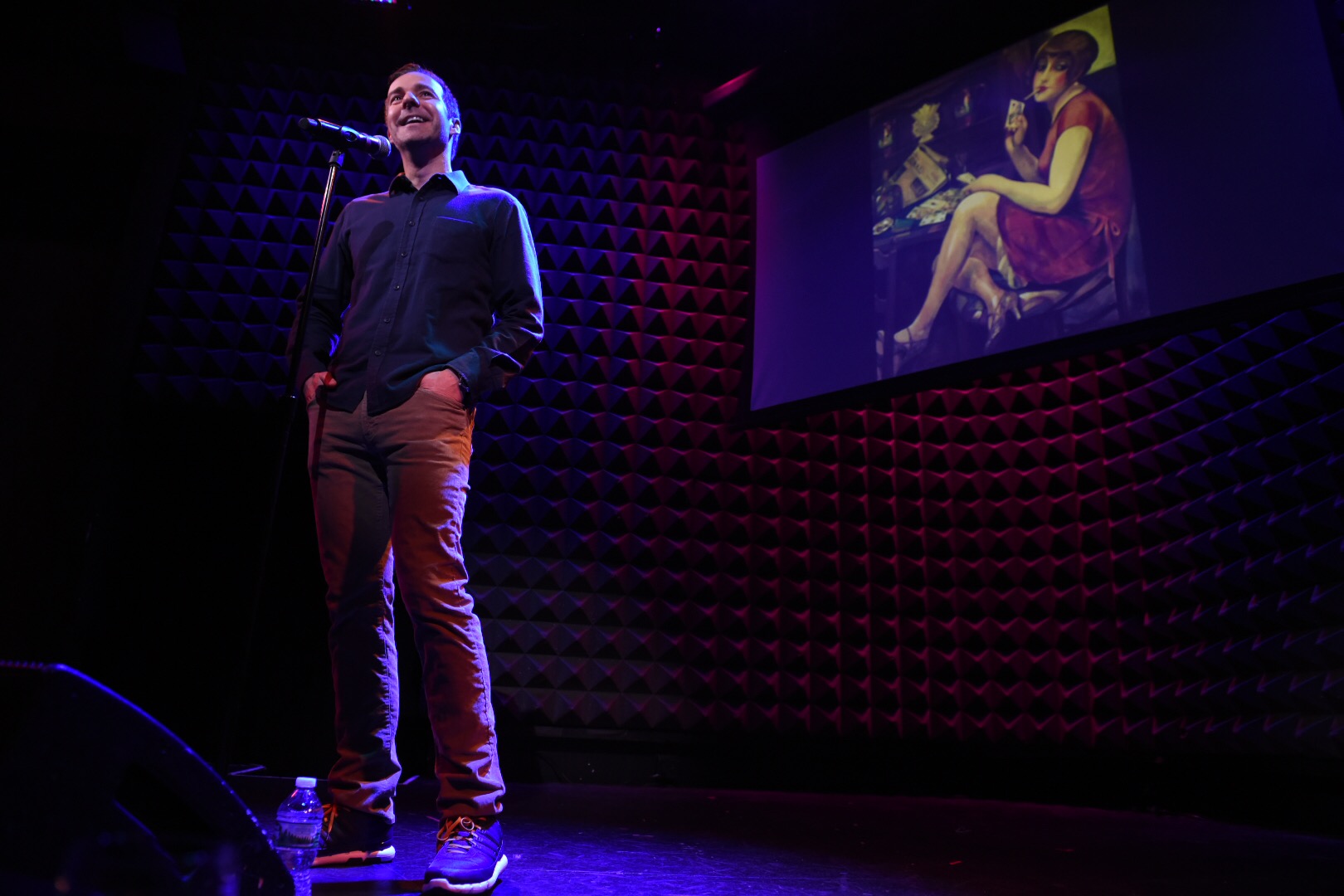
The House of SpeakEasy Podcast: It's Not You
Margo Jefferson, George Hodgman, and David Ebershoff
at Joe's Pub at the Public Theater
This is House of SpeakEasy Foundation’s The SpeakEasy Podcast where writers come together to eat, drink, and share stories on a range of themes. Hosted by SpeakEasy’s co-founders, Amanda Foreman and Lucas Wittmann, episodes feature previously recorded storytelling performances from the Seriously Entertaining shows at Joe’s Pub at The Public Theater in New York City, along with audio segments from SpeakEasy outreach programs, from bookmobile outings to work with high school students.
SpeakEasy’s fifth episode highlights stories united by the theme “It’s Not You”: Pulitzer Prize–winning author and critic Margo Jefferson, memoirist George Hodgman, and novelist David Ebershoff share their journeys of negotiating issues of identity, memory, and what it means to be you.
From the episode:
Margo Jefferson: Once I stopped resisting so much these vacillations and oscillations and contradictions and such, I found that the best way to write was piecemeal, bits here, bits there, stories and anecdotes and scenes, nonsequential, just written and gathered and collected out of sequence. I started to change pronouns and tenses and personae. No single narrative voice revealed itself was true, was accurate, was a rendering of this world, which was so full of rehearsals and performances and strategies.

George Hodgman: There are books that were books that you read for the story. There are books that you read for the history or the information or whatever. But there were what I called my friend books. And Maya Angelou was my friend, you know, for a long time. And Joan became my friend. She was the more difficult friend, but I smoked unfiltered Pall Malls at the University of Missouri for the first six months, because Joan Didion smoked them.

David Ebershoff: I was a young writer burdened by self doubt, insecurity, anxieties, and I let my fears talk me out of writing about Lily Alba. And six months went by, but I kept thinking about her. And I kept thinking about her courage. And then one day, I had a vision, a vision of myself a couple years in the future…. And in that vision, I experienced a future emotion. I felt my future regret, regret not so much that someone else had written about her, but that I hadn’t even tried.
The SpeakEasy Podcast
House of SpeakEasy's, "The SpeakEasy Podcast," is where writers come together to eat, drink, and share stories on a range of themes each week. Hosted by SpeakEasy's co-founders, Amanda Foreman and Lucas Wittmann, episodes will feature previously recorded storytelling performances from our live Seriously Entertaining shows at Joe's Pub at The Public Theater in New York City as well as new audio segments from our outreach programs, including our bookmobile outings and work with high school students.



















